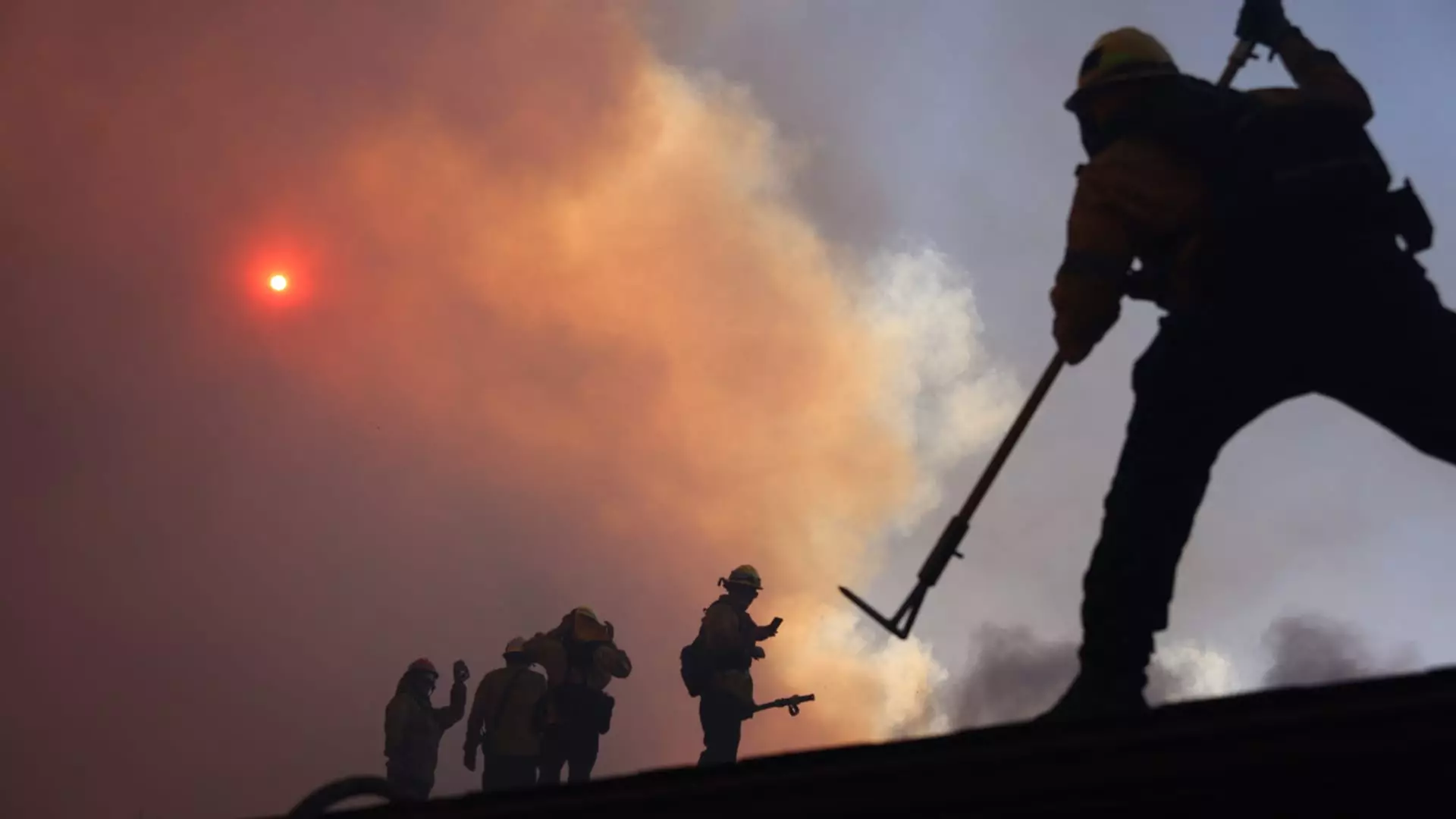The recent wildfires in Southern California, particularly affecting the Los Angeles area, have resulted in dire consequences. With the loss of lives, significant property destruction, and massive evacuations, the impact of these disasters is multi-faceted. Reports indicate that thousands have been forced to leave their homes, and the widespread devastation has sparked a wave of compassion and willingness to help from people across the nation and internationally. However, the tragedy also opens the door for unscrupulous actors seeking to exploit the situation for personal gain.
In the wake of natural disasters, it is not uncommon to see a surge in fundraising efforts. Unfortunately, alongside genuine campaigns, there are those that seek to defraud innocent donors. The urgency behind donating to wildfire victims can lead people to act impulsively, often bypassing essential checks that would ordinarily be taken in less emotionally charged situations. This critical moment of opportunity for scammers necessitates a thorough approach to ensure that contributions are directed appropriately.
Amidst the chaos, organizations like Charity Navigator provide essential guidance for potential donors. They evaluate and recommend a variety of nonprofits engaged in recovery efforts in impacted areas like the Pacific Palisades. Their insights highlight the importance of choosing organizations that have demonstrated efficiency, experience, and a clear action plan in disaster relief. Michael Thatcher, CEO of Charity Navigator, emphasizes the significance of channeling support through these vetted charities rather than individual crowdfunding campaigns without an established reputation.
Effective Donation Strategies
Laurie Styron, the executive director of CharityWatch, advises that donors should take their time to research before contributing. This not only ensures legitimacy but also enhances the probability that aid will be allocated effectively to those in need. This becomes particularly crucial when considering that even organizations with a solid history may not possess the infrastructure or strategies needed to handle a specific disaster, such as a wildfire.
To safeguard your contributions, it is recommended to bypass unsolicited donation requests received via text or social media. Instead, donors should visit established charity websites directly or utilize platforms like Charity Navigator, BBB Wise Giving Alliance, or CharityWatch to verify organizations before providing support. This habit helps maintain both safety and transparency in charitable giving.
Thatcher’s caution against following links from questionable sources underscores the very real dangers associated with impulsive donations. As high pressure mounts to respond to pleas for help, being proactive means also educating oneself about how to respond to solicitations effectively. As tempting as it may be to donate immediately, stepping back and ensuring that a charity has adequate provisions for its relief efforts can increase the overall efficiency of disaster support.
Moreover, the BBB Wise Giving Alliance suggests that potential donors check for accreditation and recognize the implications of using crowdfunding platforms. Donors should take care to review how these platforms vet appeals, alongside understanding any transaction fees that may affect the total amount donated. Transparency is key; vague descriptions of how funds will be utilized should raise red flags for donors.
In times of crisis, it can be overwhelming to navigate the best ways to help. Still, it is crucial for donors to approach their generosity thoughtfully. Ensuring contributions reach capable organizations not only supports those in immediate need but also fosters a culture of responsible philanthropy. The remarks from both Charity Navigator and CharityWatch serve as important reminders that, while the instinct to assist is natural, discerning how to give is equally vital in maximizing the impact of each dollar spent.
While the impulse to donate during such harrowing times is commendable, taking the time to investigate and understand which organizations are best positioned to make a difference will create a more beneficial outcome for affected communities. Through informed and purposeful giving, we not only support those suffering from wildfires but also stand united against the opportunists who seek to exploit such tragedies for financial gain.

